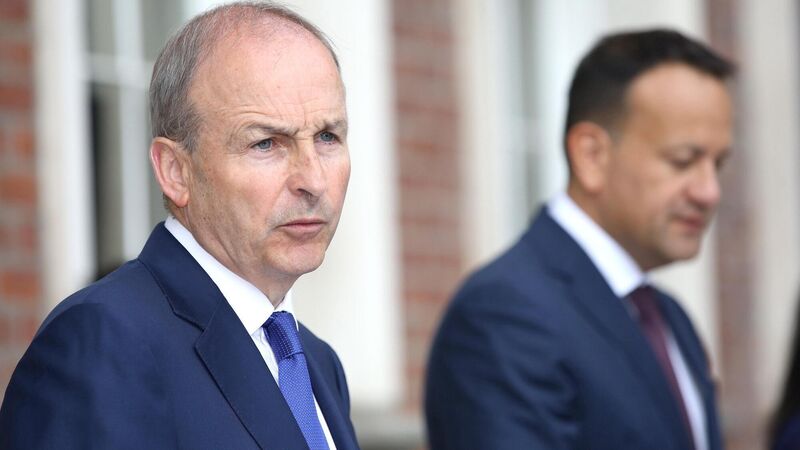Approach to Electoral Reform Bill raises serious questions over Government’s respect for rule of law

It’s past time when the Government, opposition, and the public start to take seriously at the domestic level the rule of law standards which we espouse so proudly on the international stage.
In his speech to the European Parliament in June, the Taoiseach highlighted, in thinly veiled digs at the UK and wayward EU states, the importance of respect for the rule of law and adherence to international agreements to the functioning of European democracy. It was a welcome statement of principle, but the Government’s recent behaviour does not inspire as much confidence.
The European Commission’s annual rule of law report is an exercise by the EU where it measures how member states perform against democratic standards. The 2022 report was published in July of this year and it pointedly criticised Ireland for the practice of “discussions on new bills tend[ing] to be concentrated during short periods of time (in particular, during the two weeks before recesses), with negative consequences for proper parliamentary scrutiny.”













